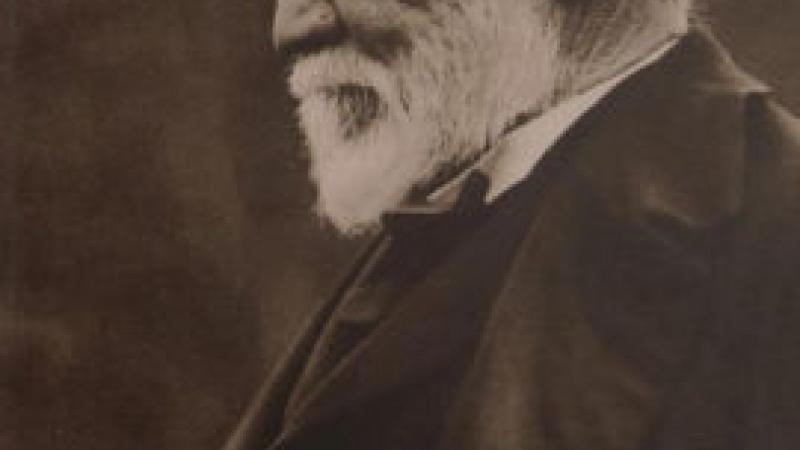Andrew Carnegie stands next to J.P. Morgan and John D. Rockefeller as one of the great business leaders in United States history. Immigrating from Scotland as a child, Carnegie rose from the slums of Pittsburgh to become a steel industry titan remembered for his many philanthropic endowments, ranging from free libraries to his work toward world peace.

Yet this complex man embodied the contradictions that divided America in the Gilded Age. Was he truly the tyrant that many thought him to be, a ruthless robber baron who worked his men to death for his own personal gain ... or was there more to this man who gave away his immense fortune, who has at times been invested with the virtues of a saint?
The first full biography of this industrialist and philanthropist in thirty years, Carnegie delves into the mind of a generous yet ruthless man who wore many masks throughout his life. Peter Krass captures the drama behind the building of Carnegie's empire, revealing how he manipulated the rules of fair play and how he was a pioneer in philanthropy. He separates fact from the Carnegie legend by relying heavily on diaries, letters, and other writings by both primary and peripheral characters in Carnegie's life as well as on the copious Carnegie-related archives.
Carnegie was devoted to his family and friends and believed himself to be a hero of the working people. But his actions bespoke internal conflict: he publicly supported the unions -- and then wallowed in riches while his laborers struggled to meet their daily needs. From Carnegie's meager beginnings to his multimillion-dollar fortune, Krass takes a probing, insightful look into what inspired and moved this contradictory business giant.